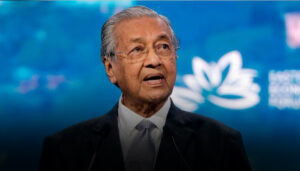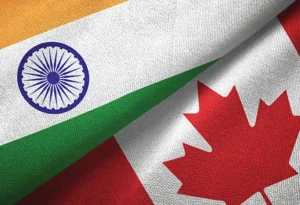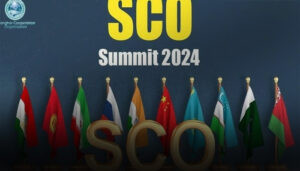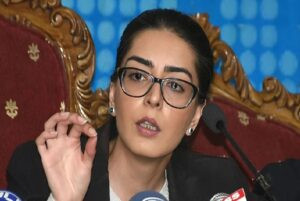Iran-Israel Conflict
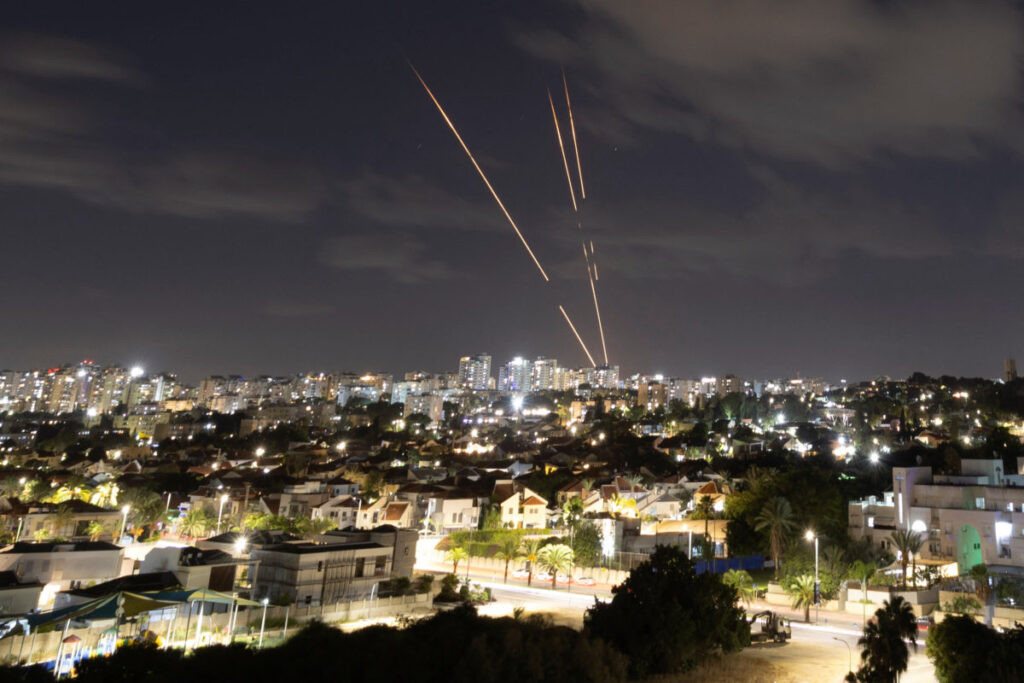
The deep-seated conflicts between Israel and Iran have broken out the full-scale war, totally shaking up the Middle East. On the 1st of October, Iran fired a large number of missiles at Israel, this has been one of the greatest crises in recent times. The bombardment of Israeli cities, which had over 180 missiles fired on them, was part of the attack. As the Iron Dome defense system of Israel, however successfully defended most of the missiles, some of them still hit their objectives that in turn led to violence and another thing, was the destruction of constructions. Two Israelis received minor injuries, and in the West Bank, there was also a fatality reported.
The Iranian government has declared that the missile attacks were carried out in response to the recent assassinations of senior Iranian, Hamas, and Hezbollah officials, which includes the Hezbollah leader Hassan Nasrallah.
The Israeli airstrikes are the ones behind these well-publicized assassinations which have further led to increased instability. Iranian officials defended their actions as necessary because they claimed that Israel had earlier attacked that region.
Israel’s reactions right now are very sharp, and powerful, too. Prime Minister Benjamin Netanyahu asserted that Iran was “going to suffer a lot” because of their aggression. In the meantime, the Israeli Defense Forces (IDF) have also beefed up their military safety measures along the northern border of Lebanon, which is, at the same time, a place where Hezbollah is fighting. In Gaza, the Israeli aerial attacks have been more ferocious than earlier, particularly against Hamas; additionally, unceasing exchanges of fire between the two sides have been reported on the Lebanese border, leading to a more widespread war.
World players have had mixed reactions. The United States has been clear in its support for Israel through various military means such as missile interceptors. U.S. officials have warned that if Iran continues to escalate, Iran can expect to face very serious consequences. Moreover, attempts to broker a temporary truce among soured Turkey’s tentative diplomatic relations. However, the warring parties stand inflexible.
The UN is really worried about the situation and the Secretary-General has asked both sides to restrain their actions in order to stop the crises from becoming worse.
The implications in a larger perspective are overwhelming. By the reasons of Iran hitting Israel straight and the conflicts with many non-state actors, for example, Hezbollah and Hamas, there is the increasing chance of a full-scale regional war. The brawl also includes other Middle Eastern countries as reports say that Jordanian air defenses were attacked by missiles that were aimed at Jordan territory. US and European forces’ involvement in backing Israel is contributing to the issue as they might bring in other powers that are already engaged in the region that is unstable.
Such a way of violence in the Iran-Israel conflict that has shifted from wars and indirect confrontations to proxy wars has reached a more dangerous turning point. Iran’s direct missile strikes are indicative of a new strategy whereby both countries are openly facing off against each other. The situation is changing, and therefore, the international community has to deal with both the geopolitical instability and the humanitarian disaster that will be caused to the civilians across the region. If the conflict is not de-escalated immediately, the danger of a wider war that may involve several countries becomes imminent.

